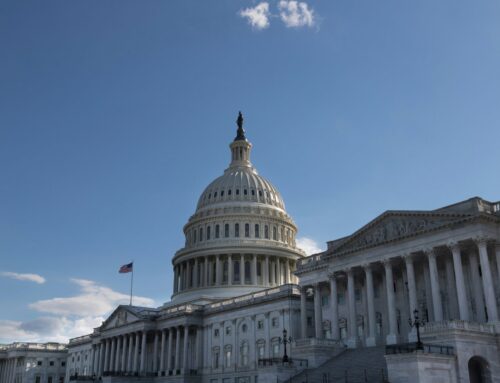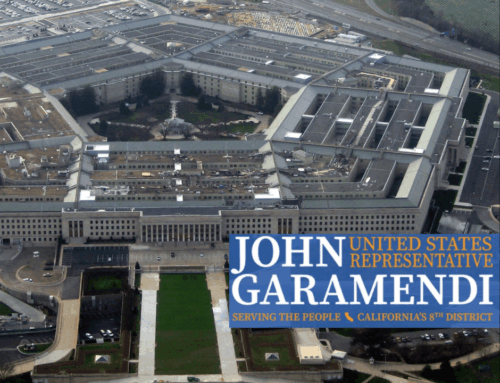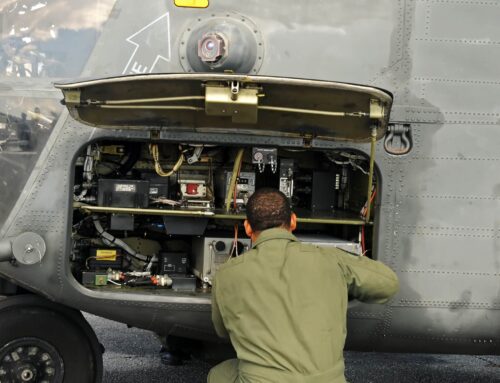During consideration of H.R. 6395, the William H. (Mac) Thornberry National Defense Authorization Act for Fiscal Year 2021, Taxpayers for Common Sense has a series of vote recommendations.
Voting AYE on the following amendments is a vote for fiscally conservative values and greater oversight of how the Pentagon spends our federal tax dollars:
Amendment #274, originally numbered 84 – sponsored by Reps. Norman (R-SC) and Schrader (D-OR) This bi-partisan amendment tasks the Secretary of Defense to prepare a report to Congress on programs funded by the Overseas Contingency Operations (OCO) account, the manner and extent to which the Secretary plans to shift the funding of each such program in the ensuing fiscal years, and a plan on how said funding will be transitioned in accordance with the President’s Budget Request. The expiration of the Budget Control Act presents an important opportunity to increase budget discipline and reduce the Department’s dependence on off-budget accounts.
Amendment #338, originally numbered 118 – sponsored by Rep. Schrader (D-OR) This common sense amendment requires the Pentagon to submit a report on implementation of the Defense Business Board (DBB) recommendations from 2015. The Congress deserves an update on where the Pentagon is in the process of implementing these recommendations.
Amendment #310, originally numbered 291 – sponsored by Reps. Porter (D-CA), Speier (D-CA), Castro (D-TX) and Phillips (D-MN) This amendment would increase transparency of annual Department of Defense legislative requests for the National Defense Authorization Act. This amendment would increase oversight of both the Pentagon’s budget and policy requests each year. Given the enormity of the Pentagon budget, and the respective wide impact of policy changes, Congress should be allowed greater oversight of these legislative requests.
Amendment #6, originally numbered 375 – sponsored by Rep. Jayapal (D-WA) This amendment would strike the recent statutory requirement that the military services and agencies provide annual so-called “Unfunded Priorities Lists” to Congress. The recent codification of this decades old practice only hardens wasteful spending practices in the largest portion of the discretionary budget. Removing the statutory requirement will not undermine the ability of the military services and agencies to communicate programmatic concerns to the Congress. A long-standing practice exists for the Congress to request, and the components to provide, these lists. There is no need for a statutory requirement and, in fact, such a requirement only encourages requests that pad what is already a robust annual budget request from the Pentagon.
Amendment #237, originally numbered 156 – sponsored by Reps. Lynch (D-MA) and Hice (R-GA) This bi-partisan amendment reauthorizes the independent and bi-partisan Commission on Wartime Contracting to ensure greater oversight of U.S. overseas contracting and reconstruction spending in Afghanistan, Iraq, Syria, and other war zones. Again, greater oversight means better information for Members of Congress about potentially wasteful spending of U.S. tax dollars.
Amendment #85, originally numbered 271 – sponsored by Rep. Cohen (D-TN) This amendment directs the Department of Defense to submit a report to Congress on its progress in modernizing its financial management enterprise.
Again, TCS believes voting AYE on these amendments shows support for fiscally conservative spending values and greater Congressional oversight of how the Pentagon uses our tax revenues.










